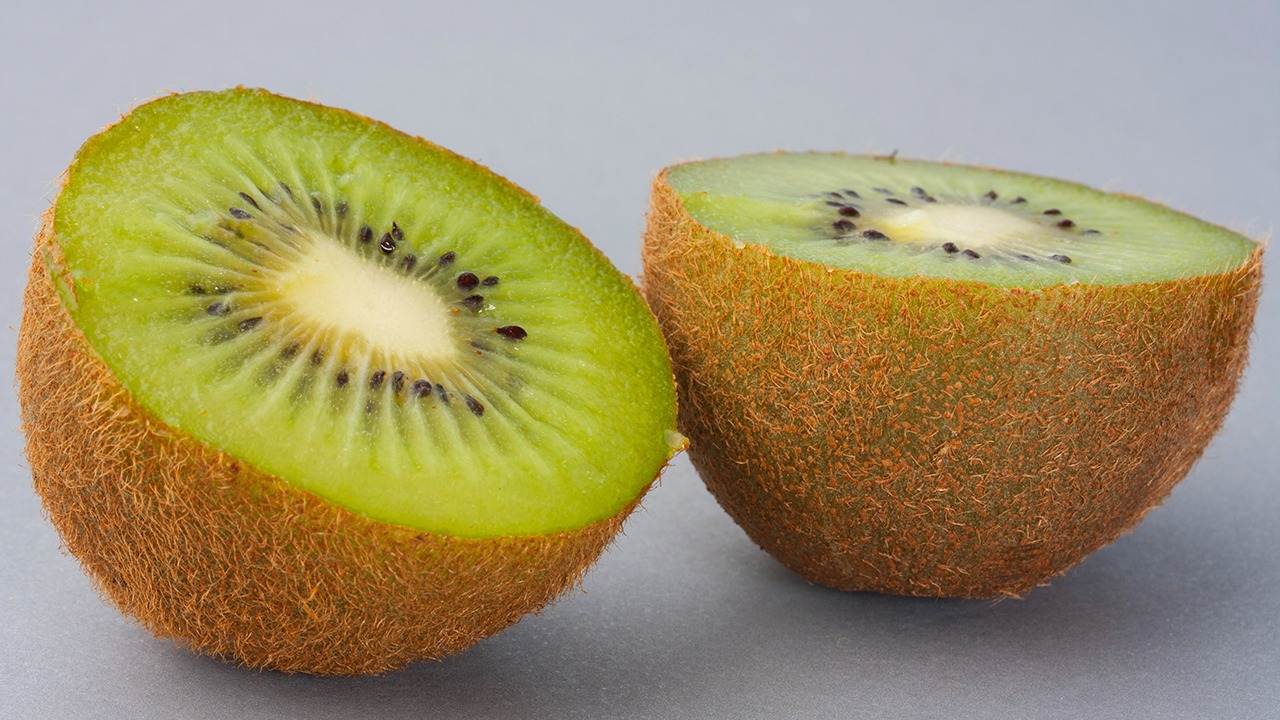
Kiwi fruit, Actinidia chinensis, originated in China and were renamed Chinese gooseberry when they were introduced to New Zealand in 1906 and renamed kiwi fruit.
There are more than 400 different varieties in China and are traditionally trained to grow on trellises to support their up to 15 ft. long vines. For hundreds of years, mariners knew that kiwi fruit had more vitamin C than any other fruit for its size. Insufficient amounts of vitamin C not only led to scurvy, but the mariners’ gums became sensitive and more susceptible to periodontal disease. Besides dental health, kiwi fruit contains an enzyme known as Actinidin and can be used as a natural meat tenderizer. It can also play a role in aiding the digestive process.
